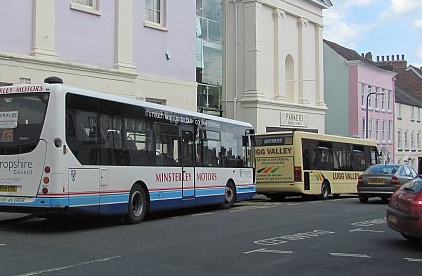
Isolated villagers could soon have access to public transport for the first time under plans for a new bus service connecting the county’s rural communities.
Proposals being drawn up by Shropshire Council could see bookable vehicles brought in to link passengers with existing routes, which could themselves see an increase in requency and fare reductions.
It is hoped the new service, branded Rural Connect, will be introduced in trial areas of the county later this year.
While the authority anticipates the service could be largely self-funded, the plans have also been boosted by yesterday’s announcement from the Department for Transport (DfT) of a new £3 billion bus strategy.
Speaking at a meeting of the council’s communities overview committee, James Willocks, passenger transport group manager, said it was unlikely bus use would return to pre-Covid levels for several years, “unless we do something innovative”.
Low passenger numbers already meant that two thirds of services relied on council subsidies before the pandemic.
“I think we all know the bus industry has been in decline for some time,” said Mr Willocks.
“We think we can build back better and have a better public transport offer, especially for rural communities in Shropshire who sometimes haven’t even got the option of a bus service, let alone a frequent one.”
Rural Connect would operate according to the needs of different areas of the county, and four models have so far been identified for trials.
This “modular approach” would be developed with significant involvement from communities, Mr Willocks said.
The proposed models include an ‘inter-urban’ service, with Rural Connect buses taking people to meet established bus and train routes operating between the larger towns, and a ‘cross-boundary’ service which would improve connectivity with towns in neighbouring counties and the rural areas in between.
A ‘flexible’ bus network would be introduced in market towns, with bookable vehicles travelling out to areas not covered by timetabled routes.
The final model proposed is a ‘small communities link’, which would see frequent buses serving communities currently reliant on irregular services operating sometimes on just a few days a week, or none at all. Buses would take passengers to the nearest towns, with Rural Connect vehicles available to take people either to join the main service or directly to their final destination.
Mr Willocks said the next steps were to fully understand the impact of the pandemic on people’s transport needs, obtain funding from the DfT and identify pilot areas.
The council will also talk to community transport providers like Shrewsbury Dial-A-Ride, the Friendly Bus in Broseley and Qube in Oswestry, with a view to getting them on board.
Following stakeholder and public consultations, the final proposals for the new service would need to go before the council’s cabinet for approval.
Mr Willocks said: “I think a lot of it is making sure that we understand people’s travel demands and habits going forward.
“As we come out of the pandemic it’s going to be really important for us to start making those consultations and understanding where we are going, but at the same time we have got to be really sharp on the ball here to access DfT funding.
“Certainly this year we would love to see four of those trial areas underway.”
Mr Willocks said if things were to remain as they are, there was a risk of services becoming unsustainable and being withdrawn.
He added: “I think now is the right time to start looking to change, not just for innovation’s sake but actually to build on what’s happened over the last 12 months of the pandemic and how people have changed their habits.”
Committee chairman Councillor Cecilia Motley said Mr Willocks and his team had taken on an “absolutely huge job”.
She said: “I think this could actually transform the whole area of transport in Shropshire and in particular this business of connectivity for the rural areas.”
The committee agreed to invite Mr Willocks back in six months to give an update.

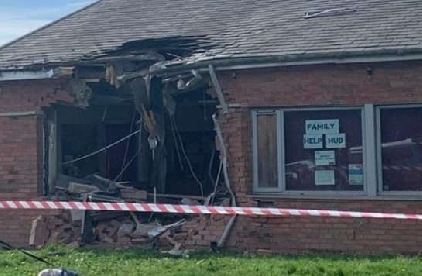 Man denies dangerous driving after Ludlow crash
Man denies dangerous driving after Ludlow crash
 Yellow warning issued for snow
Yellow warning issued for snow
 MP supports farming in protected landscapes
MP supports farming in protected landscapes
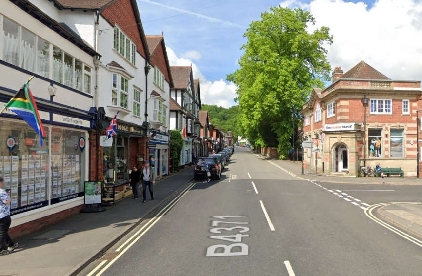 Precept in Church Stretton set to rise by 9.16%
Precept in Church Stretton set to rise by 9.16%
 Leominster man runs from Great Wall to Hong Kong
Leominster man runs from Great Wall to Hong Kong
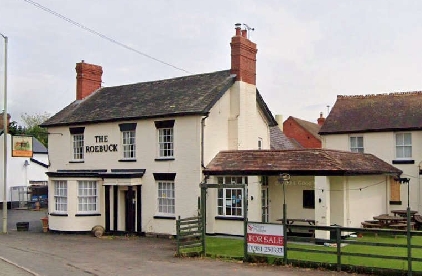 Plans unveiled for historic village pub
Plans unveiled for historic village pub
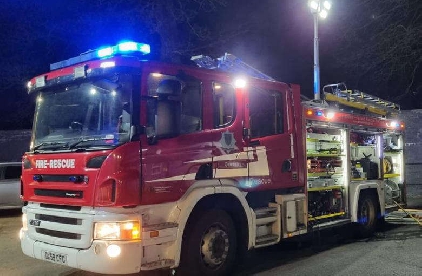 Crews tackle chimney fire in Craven Arms
Crews tackle chimney fire in Craven Arms
